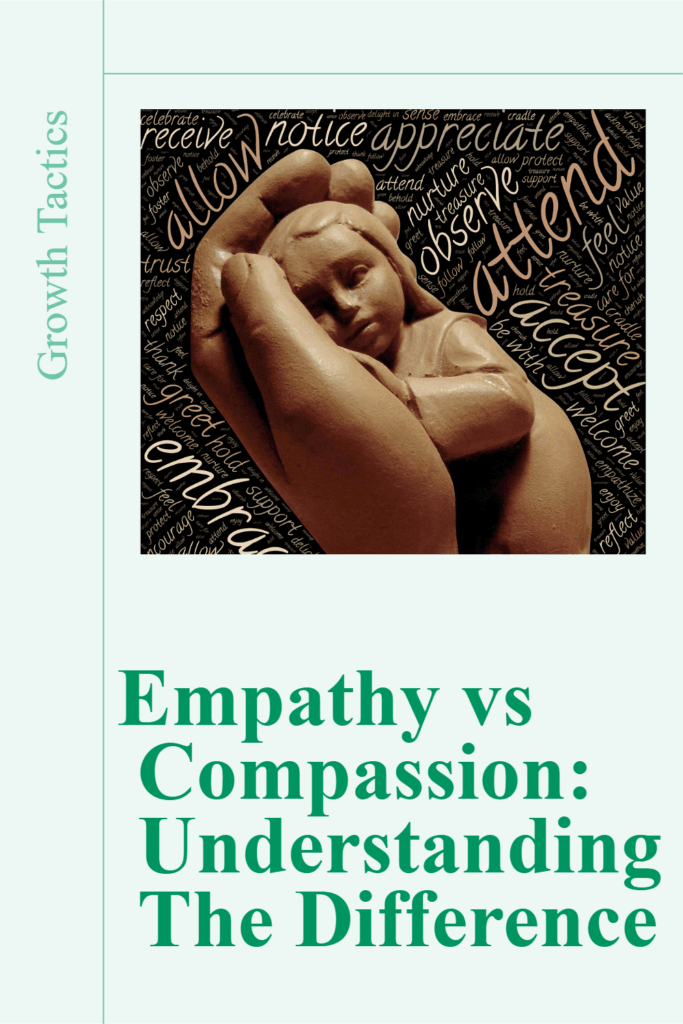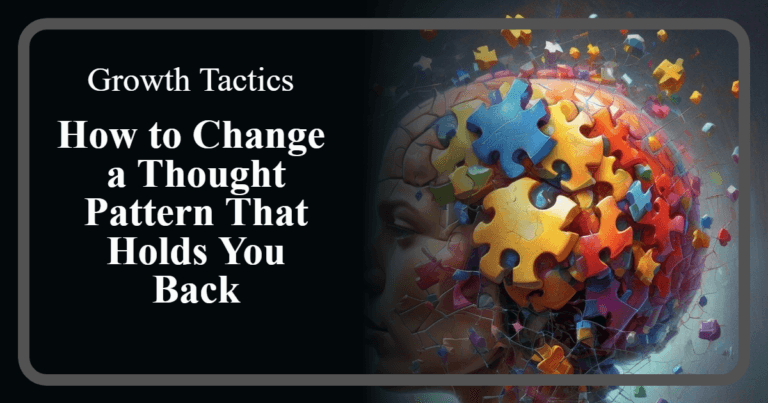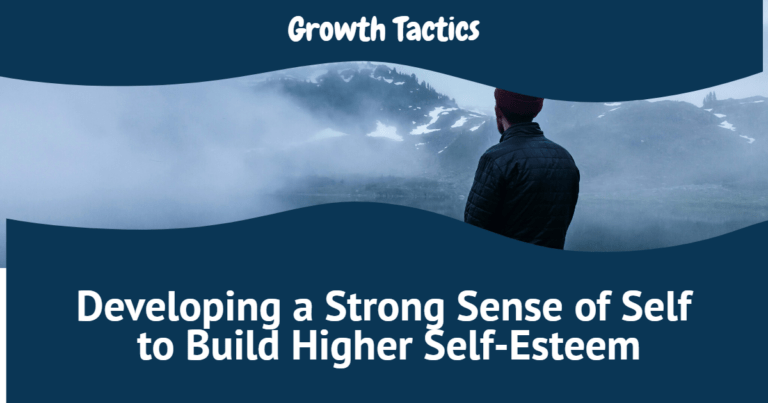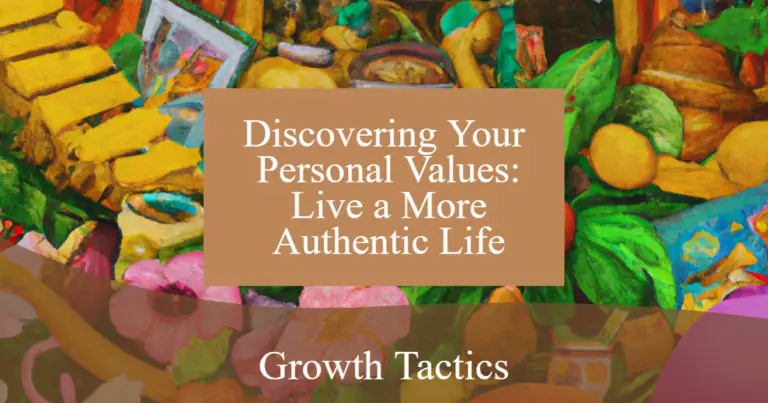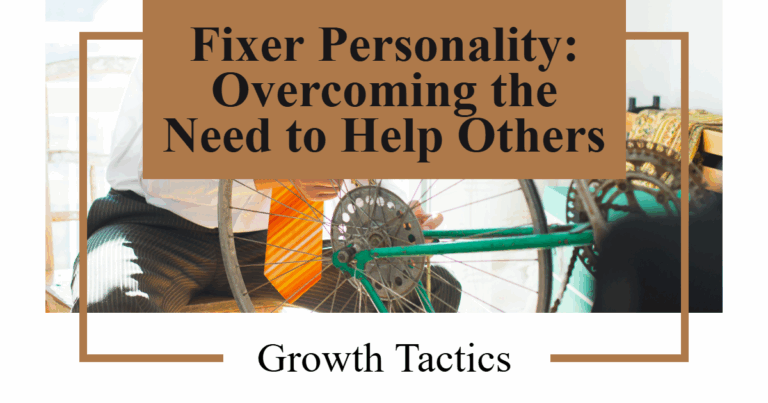Have you ever felt someone else’s pain and wanted to help? That’s where empathy and compassion come in. Although related, they aren’t the same. Understanding these differences can make you a better friend, leader, and overall person. Let’s dive in and see what sets them apart and how each can guide you to take meaningful action.
Jump To Section
What is Empathy?
Empathy is the ability to feel the emotions of others. It’s like stepping into someone else’s shoes and experiencing their feelings. This connection helps us understand what other people are going through.
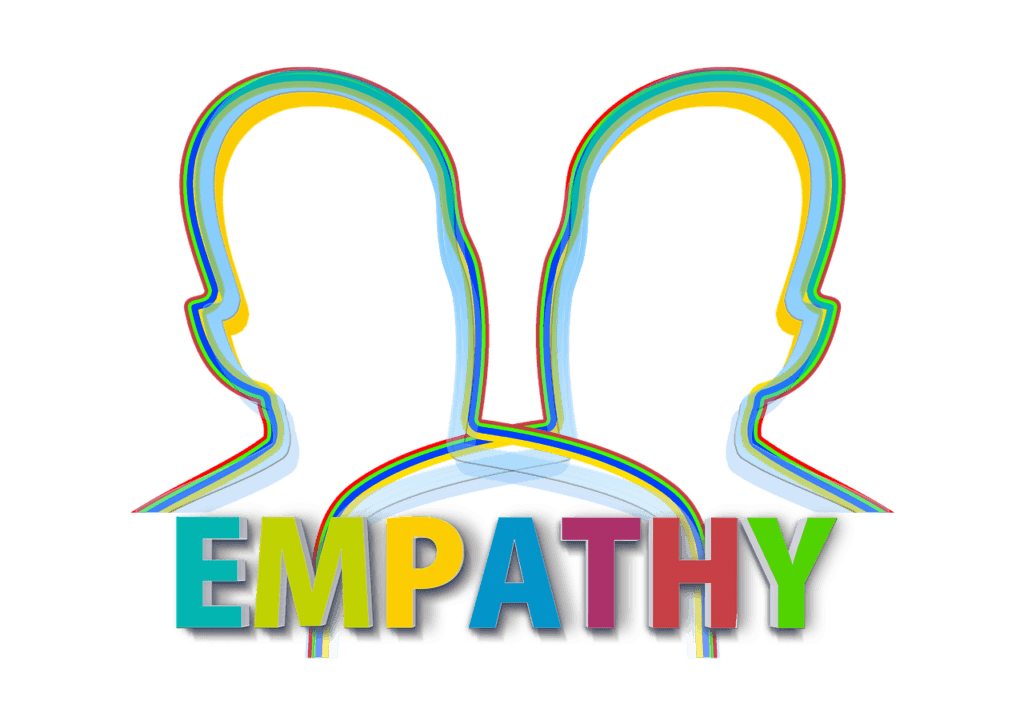
Types of Empathy
There are two main types of empathy:
- Cognitive Empathy: This means understanding how someone else feels. You can see things from their perspective and know what they might be experiencing.
- Emotional Empathy: This means feeling what someone else feels. You actually share in their emotions and can sense their joy, sadness, or pain.
Both types of empathy are important. They allow us to connect with others on different levels.
The Power of Being Empathetic
Being empathetic helps us build strong relationships. When we truly understand and feel for others, we create bonds of trust and support.
This kind of connection fosters kindness. When people feel understood and cared for, they are more likely to feel valued and supported. Empathy encourages us to act with kindness and make a positive difference in others’ lives.
In summary, empathy helps us connect, understand, and care for each other in meaningful ways. By practicing empathy, we can create a kinder, more supportive world for everyone.

What is Compassion?
Compassion is the desire to help alleviate someone else’s distress. When you see someone in pain or struggling, compassion is what makes you want to step in and help. It goes beyond just feeling sorry for someone; it involves a deep-rooted desire to ease their suffering.
The Compassionate Extension
Compassion isn’t just about feeling. It’s about doing. The compassionate extension means going beyond simply recognizing someone’s pain. It’s about taking action to help. You see the problem and take steps to fix it or provide support. This might mean offering a listening ear, lending a hand, or finding solutions to big problems.
The Power of Being Compassionate
Being compassionate helps you build a meaningful, purpose-driven life. When you act with kindness and support, you strengthen your connections with others. This behavior fosters a sense of community and trust. Plus, helping others brings a sense of fulfillment that’s hard to match.
Compassionate actions also inspire others. When people see you acting with kindness, they’re likely to follow suit. This ripple effect helps create a more caring and supportive world.
Embracing compassion means you’re not just feeling for others but actively working to make a difference. This leads to personal growth and a stronger sense of purpose, benefiting both you and those around you.
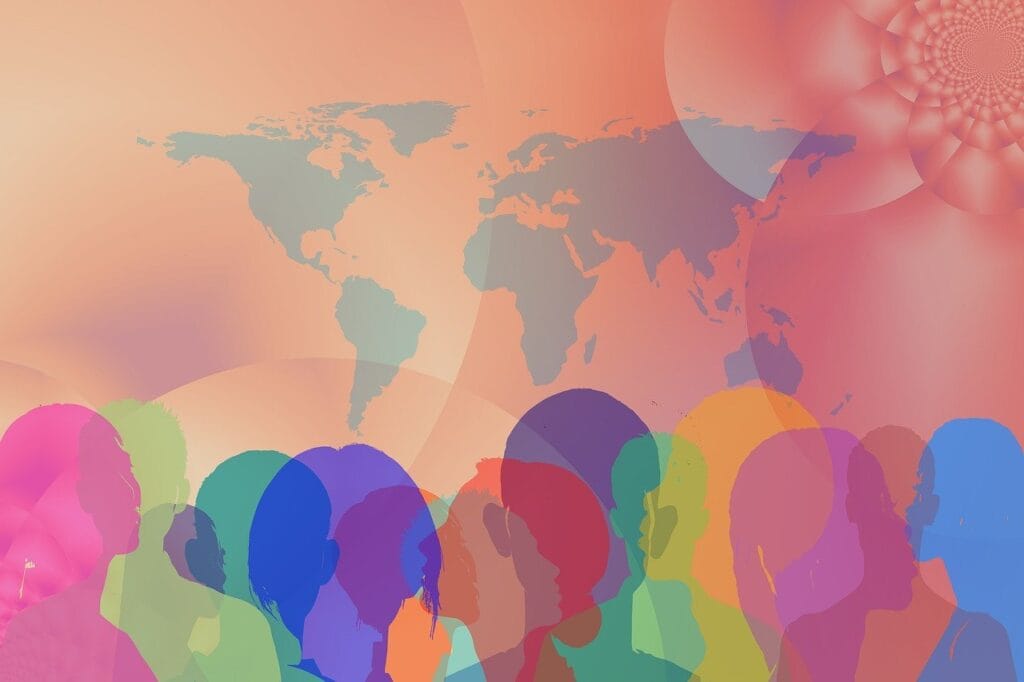
The Key Differences Empathy vs Compassion
Understanding the difference between empathy and compassion can help you navigate relationships and actions with more clarity. Empathy is feeling what someone else feels. It’s an emotional connection that allows you to experience another person’s emotions. Compassion, on the other hand, is the desire to help. It’s about seeing someone’s pain and wanting to take action to alleviate it.
Examples to Illustrate Differences
Let’s look at some real-life scenarios to illustrate the differences.
Scenario 1: A Friend’s Loss
- Empathy: Your friend has lost a loved one. You feel their sadness deeply and share in their grief, understanding the depths of their pain.
- Compassion: In the same situation, you not only feel their grief but also bring them a meal, offer to help with funeral arrangements, or just sit with them in silence to provide support.
Scenario 2: A Coworker’s Stress
- Empathy: You notice your coworker is stressed about a tight deadline. You feel their anxiety as if it were your own and recognize the pressure they are under.
- Compassion: Recognizing their stress, you offer to help with their workload, suggest they take a break or share helpful tips on managing time.
Scenario 3: A Child’s Fear
- Empathy: You see a child scared of the dark and feel their fear, understanding why the dark makes them uneasy.
- Compassion: You comfort the child by staying with them until they fall asleep, explaining why there’s nothing to fear, or leaving a nightlight on.
In essence, empathy allows you to understand and share others’ feelings. Compassion drives you to take actions to help ease their troubles. You can foster meaningful relationships and lead a purpose-driven life by recognizing and balancing both.

The Benefits of Compassion and Empathy
Understanding and practicing compassion and empathy can transform your life. These qualities help you build deeper and more meaningful relationships. They also enable you to make a positive impact on the world around you.
Strengthening Relationships
When you show empathy and compassion, you create trust and understanding. People feel heard and valued. This strengthens your connections with friends, family, and colleagues. These qualities act as glue, holding your relationships together through tough times.
Promoting Personal Growth
Cultivating empathy and compassion fosters personal growth. You become more aware of others’ feelings and perspectives. This awareness helps you navigate complex social situations. It also improves your emotional intelligence.
Enhancing Leadership
Great leaders lead with empathy and compassion. They understand their team’s needs and struggles. They take action to support and uplift their team members. This builds loyalty and inspires everyone to do their best work.
Improving Mental Health
Empathy and compassion aren’t just good for others—they benefit you too. Practicing these qualities reduces stress and increases happiness. Helping others can give you a sense of purpose and fulfillment. It’s a win-win situation for everyone involved.
Encouraging Problem-Solving
When you approach issues with empathy and compassion, you find better solutions. You listen to different perspectives and consider others’ needs. This leads to more thoughtful and effective problem-solving.
Creating Positive Change
Compassion and empathy can drive you to take action. They motivate you to address injustices and support those in need. Your actions, fueled by these qualities, can create positive change in your community and beyond.
How to Cultivate Empathy and Compassion
Empathy and compassion are not just traits you are born with; they are skills you can develop. Let’s explore some practical ways to cultivate these crucial qualities in your life.

Practice Mindfulness
Mindfulness can be as simple as paying attention to what’s happening right now. When you’re present, you notice others’ emotions and needs. Take a moment each day to tune in to the people around you. Acknowledge their feelings without judgment. This awareness lays the groundwork for deeper empathy and compassion.
Engage in Altruism
Altruism means helping others without expecting anything in return. Look for opportunities to assist those in need. It could be as small as holding a door open or as big as volunteering your time. These purposeful actions reinforce your sense of compassion and empathy while making a positive impact.
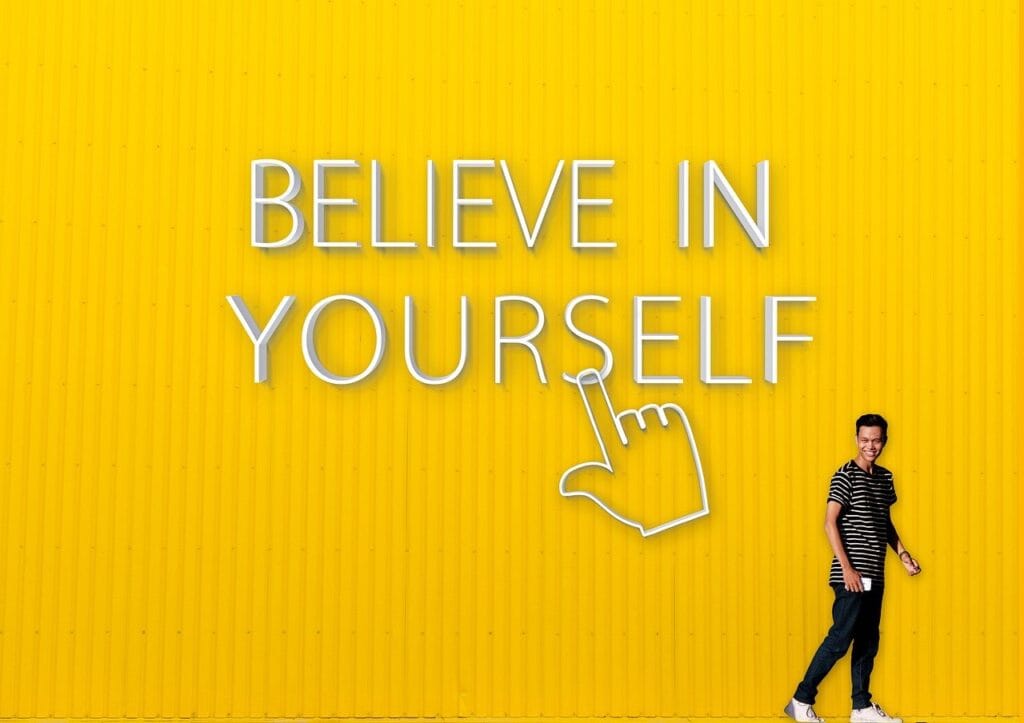
Self-Compassion
Don’t forget to be kind to yourself. Practicing self-compassion is essential. When you treat yourself with care and understanding, you’re better equipped to support others. Acknowledge your own struggles and offer yourself the same empathy you would give to a friend.
Daily Habits
Integrating empathy and compassion into your daily life doesn’t have to be complicated. Start with simple steps:
- Listen actively: When someone talks, focus on understanding their perspective.
- Express gratitude: Show appreciation for the kindness others show you.
- Acknowledge emotions: Accept your feelings and those of others without rushing to fix them.
- Help out: Offer your assistance whenever you can, even if it’s just a small act.
Reflect on Personal Experiences
Use your own experiences to grow empathy. Think about times when you needed compassion. How did it feel? What made a difference? Reflecting on these moments can help you better understand and support others in similar situations.

Educate Yourself
Learning about different cultures, backgrounds, and experiences broadens your perspective. Read books, watch documentaries, or attend workshops. Education is a powerful tool that deepens empathy and opens your mind to the diverse ways people live and feel.
Practice Patience
Empathy requires patience. It involves listening without interrupting or jumping to conclusions. Let people share their thoughts and feelings fully before you respond. Patience shows you value their experience and are truly present.
Show Genuine Interest
Show genuine interest in others’ lives. Ask meaningful questions and listen to the answers. Showing that you care about their stories and emotions cultivates deeper connections and fosters empathy.
Seek Feedback
Ask for feedback from those around you about your empathetic and compassionate actions. Be open to their insights and willing to improve. Constructive feedback helps you continue growing these vital skills.

Join or Create Supportive Communities
Being part of a compassionate community encourages empathy. Join groups that share your values or create one if none exist. Surrounding yourself with like-minded individuals fosters a nurturing environment where empathy thrives.
Conclusion
Empathy and compassion are powerful tools that start with feeling and end with meaningful actions. Understanding the differences helps us grow as individuals and positively impacts those around us. So, let’s strive to be both empathetic and compassionate. Take your understanding of emotions and use it to create a better world. Be the change, help alleviate distress, and lead with kindness.
By learning and practicing both empathy and compassion, we become better people. Feeling for others and stepping in to help make a big difference. Let’s use what we’ve learned to take action, support others, and cultivate kindness every day. It’s up to each of us to make the world a more compassionate place.
